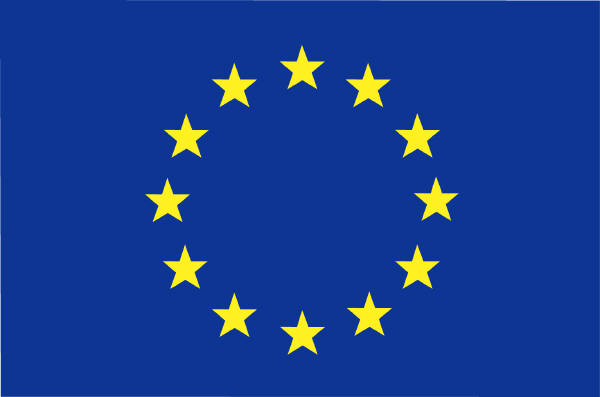Whaling body ends meeting without decisions - EU split
 Lisbon/Funchal - The International Whaling Commission (IWC) on Friday ended its 61st annual meeting without concrete results and with deep splits in its midst.
Lisbon/Funchal - The International Whaling Commission (IWC) on Friday ended its 61st annual meeting without concrete results and with deep splits in its midst.
Hundreds of delegates from 85 countries attended the five-day meeting on the Portuguese island of Madeira.
Whales and the internally divided European Union were "the big losers" of the meeting, the animal rights group Pro Wildlife said.
"There was again no breakthrough, and the deadlock between the defenders and opponents of whaling could not be resolved," said Volker Homes, a German representative of the World Wildlife Fund (WWF).
The meeting focused on Denmark's proposal to allow Greenland's indigenous inhabitants to hunt 50 humpback whales over five years.
The proposal is now to be dealt with by an extra meeting by the end of the year.
The IWC also postponed a decision on Japan's request to authorize quasi-commercial whaling off its coast.
In exchange, Japan would scale down its "scientific" whaling programme which kills up to 1,000 whales annually.
Germany, Britain, Belgium, Portugal and Luxembourg were the only EU countries to take a clear stance against whaling, according to environmentalists.
The talks were regularly interrupted by disputes within the EU, Sandra Altherr of Pro Wildlife said.
Environmentalists also accused the United States of siding with whaling countries.
In a "scandalous policy," the US "did not want to endanger the atmosphere at the conference," said Nicolas Entrup of the Whale and Dolphin Conservation Society (WDCS).
Australian Environment Minister Peter Garrett did not exclude legal action against whaling nations.
Greenland residents currently hunt a restricted number of large whales and more than 4,000 smaller whales in what is regarded as subsistence whaling.
Denmark argues that allowing a limited hunt of humpback whales would not endanger the species.
Norway and Iceland are the only countries that officially do not abide by the 1986 international moratorium on whale hunting.
However, critics say Japan's scientific whaling is only a cover-up for commercial whaling, because much of the whale meat is sold for consumption.
Although there still are hundreds of thousands of whales, hunting and global warming are making their situation increasingly precarious, environmentalists warned. (dpa)